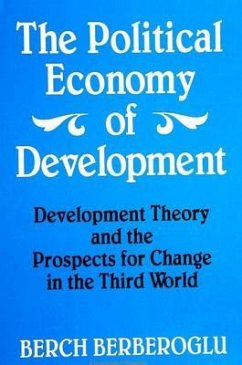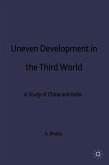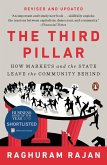This book focuses on the role of the state in economic development in a variety of Third World settings through an in-depth analysis of the past several decades. Berberoglu examines three major alternative development theories: developmentalism, dependency, and neo-Marxist. He then critically analyzes these theories and their variants to set the stage for a detailed examination of various development paths. Two paths of capitalist development are contrasted: the export-oriented neo-colonial model and the import-substituting state-capitalist model. The role of the state in each of these alternatives is discussed in the context of the balance of class forces. Berberoglu also provides case studies of Turkey, Tanzania, Peru, and India -- countries in which the state played a significant role in the development process. In each case, he demonstrates that the process of state-capitalist development inevitably leads to neo-colonialism. This export-oriented path ties Third World countries to centers of world capitalism, with all the consequent contradictions that such a linkage entails. The book outlines the class nature of these contradictions on a global scale and maps out the balance of class forces and struggles, the role of the state, and the resultant revolutionary developments that are part of the process of social change and transformation now under way in many Third World countries. Also included is an appendix highlighting the need for a class-centered approach in development studies.
Bitte wählen Sie Ihr Anliegen aus.
Rechnungen
Retourenschein anfordern
Bestellstatus
Storno








